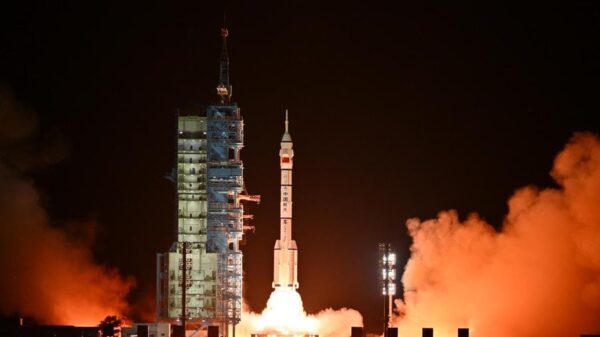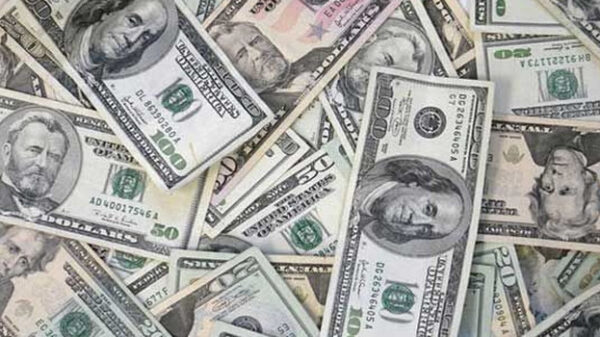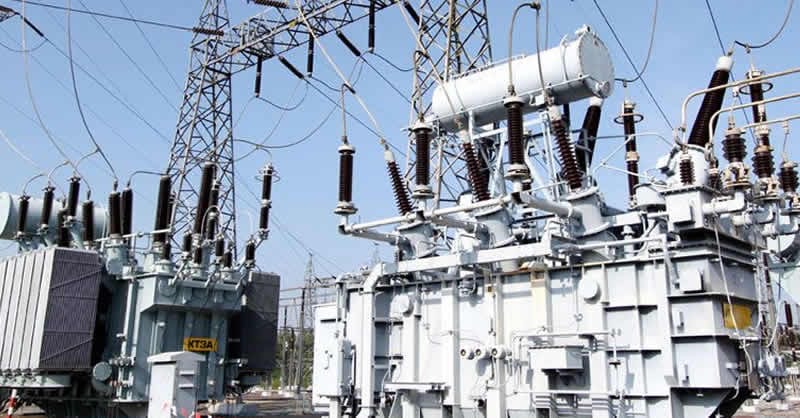The organised labour on Monday started an indefinite national strike that has led to the shutting down of electricity.
The nationwide strike also affected public offices across the 36 states.
The strike over minimum wage, was called by the Nigeria Labour Congress (NLC) 0016628258 and the Trade Union Congress (TUC).
The Transmission Company of Nigeria informed the general public that the Labour Union has shut down the national grid, resulting in black out nationwide.
The national grid shut down occured at about 2.19am this morning, 3rd June 2024.
At about 1:15am this morning, the Benin Transmission Operator under the Independent System Operations unit of TCN reported that all operators were driven away from the control room and that staff that resisted were beaten while some were wounded in the course of forcing them out of the control room and without any form of control or supervision, the Benin Area Control Center was brought to zero.
Other transmission substations that were shut down, by the Labour Union include the Ganmo, Benin, Ayede, Olorunsogo, Akangba and Osogbo Transmission Substations. Some transmission lines were equally opened due to the ongoing activities of the labour union.
On the power generating side, power generating units from different generating stations were forced to shut down some units of their generating plants, the Jebba Generating Station was forced to shut down one of its generating units while three others in the same substation subsequently shut down on very high frequency.
The sudden forced load cuts led to high frequency and system instability, which eventually shut down the national grid at 2:19am.
The negotiation over minimum wage had been on without compromise.
While the government has offered 100 percent increase in minimum wage, the unions are asking for more than 1000 percent increase.
The minimum wage was called following the withdrawal of fuel subsidy and harmonisation of foreign exchange markets.
These twin policies have driven inflation above 33 percent and with food inflation peaking at 41 percent.
























